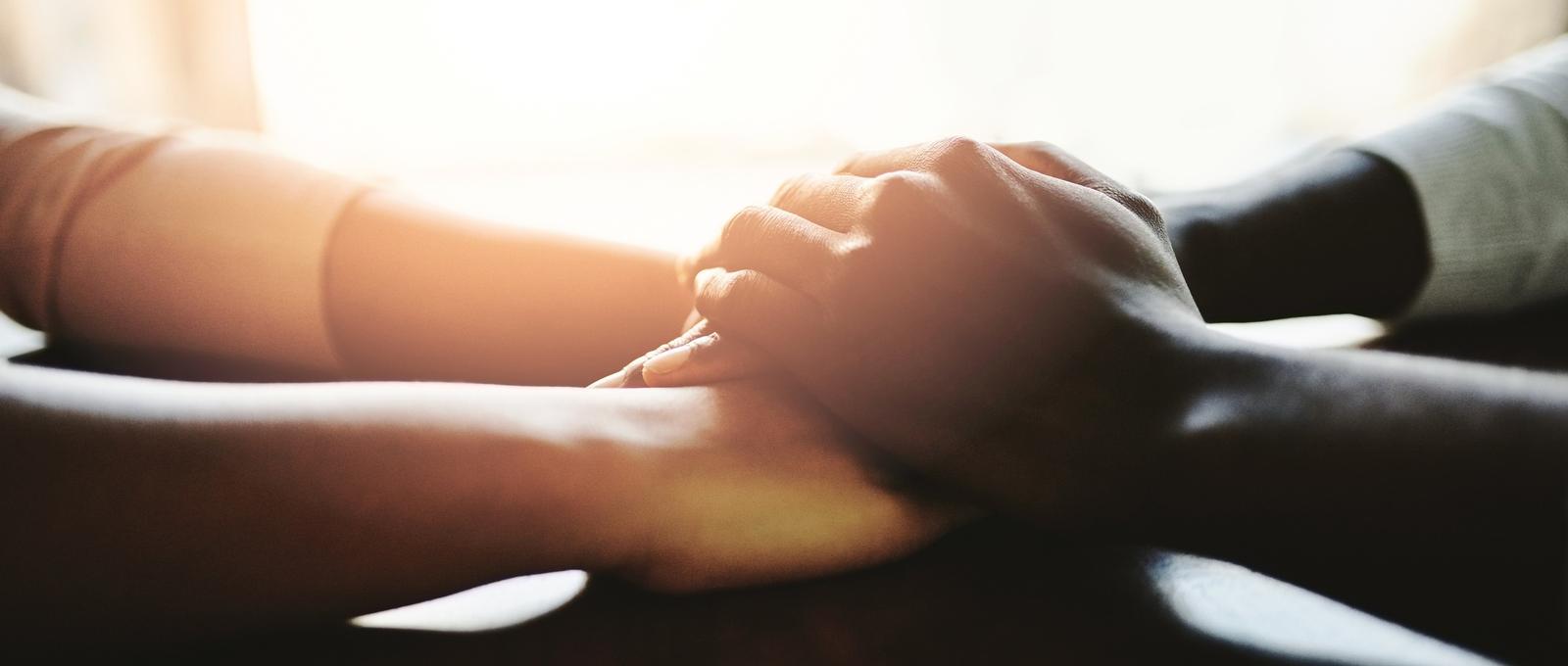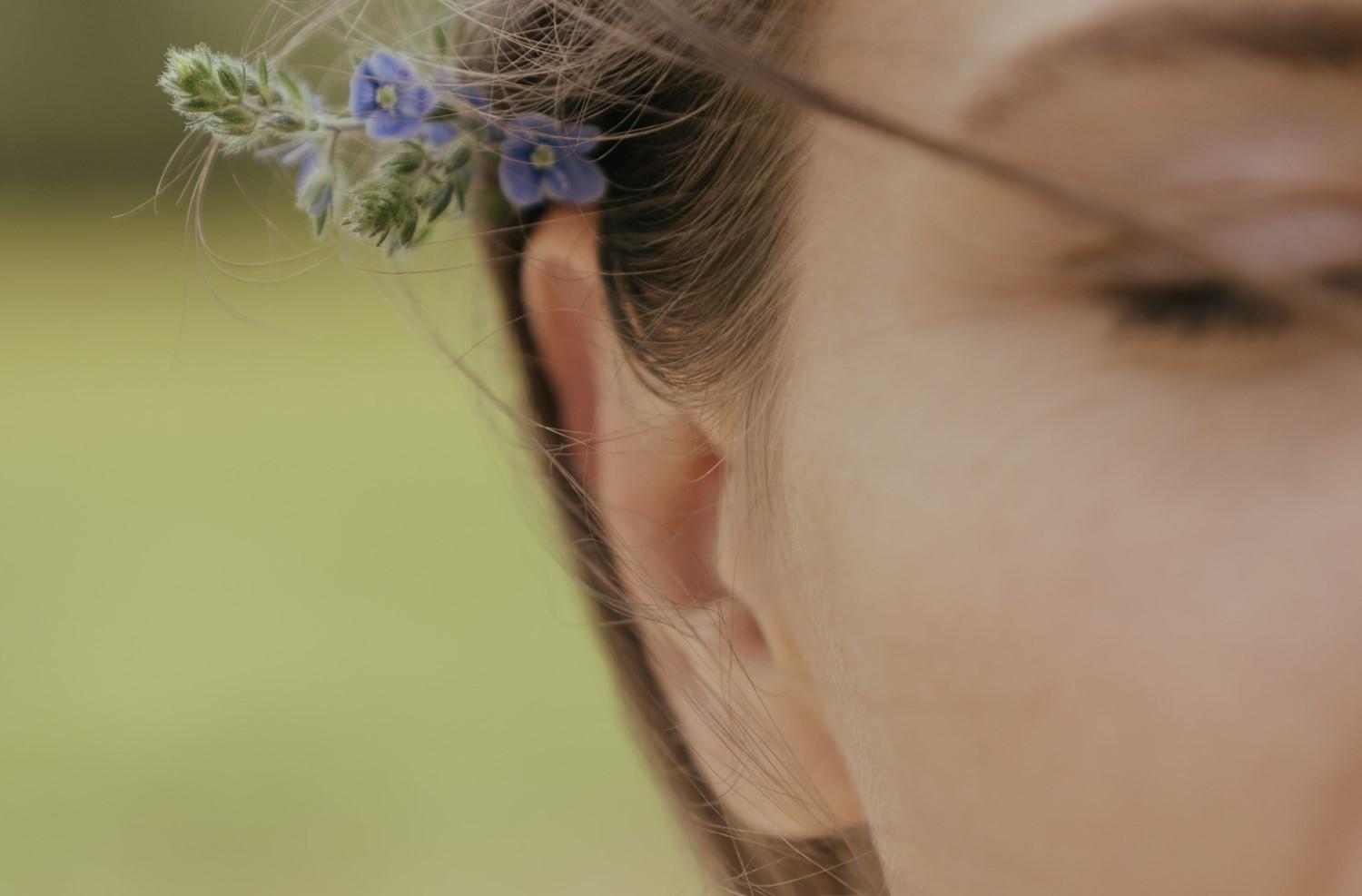
How to protect against hearing loss while using headphones
Peer reviewed by Dr Sarah Jarvis MBE, FRCGPAuthored by Emily Jane BashforthOriginally published 4 Feb 2022
Meets Patient’s editorial guidelines
- DownloadDownload
- Share
- Language
- Discussion
Most of us use headphones for one reason or another on a daily basis. Perhaps it's to take calls or to listen to music while out on a run. There are countless styles of headphones in various price ranges meaning they are accessible to many. However, as convenient and comfortable as headphones can be, it's vital you use them properly to protect your ears.
In this article:
Continue reading below
What is the risk of hearing loss from headphone use?
The World Health Organization (WHO) recently shared that 1.1 billion young people are at risk of potentially life-altering hearing loss due to exposure to loud noise.
While the risk factors include bars, clubs and music venues, they say listening to loud music with headphones on a smart device poses the biggest problem.
They estimate that young people are most at risk of hearing damage since those under 35 are more likely to listen to music using mobile devices than other age groups. Of those, WHO suggests 50% are listening to music on headphones where the volume is too loud.
The organisation adds that listening to just a few songs at maximum volume increases the risk of damage. Even if you think your volume is set to a lower range, it's easy to be within unsafe levels.
Can earphones damage your hearing?
Dr Edmund Farrar and Dr George Leidig are founders of the tinnitus support app, Oto.
"Provided you take the necessary precautions, headphones should not cause any issues," they advise.
However, if you listen at a high volume for extended periods of time, this can damage the part of your ear that translates sound waves into nerve signals.
This can result in hearing damage or tinnitus (ringing in your ears).
"This hearing damage could be temporary or permanent. It depends on many factors, such as the volume that the headphones are at, and how frequently you listen to sounds at a high volume."
Continue reading below
How do headphones damage your hearing?
Even if you know the risks of headphones, you might not have considered the science behind how they can damage your ears.
Our ears have developed to detect even very low-level sounds as a natural survival tool, similar to the highly sensitive hearing we see in animals that helps them to avoid predators.
While we frequently experience quieter sounds in everyday life without any risk to our hearing, our ears aren't able to manage loud noises in the same way. Our ears have developed over time to pick up on low-level sounds, but can be damaged by too much noise since they have not adapted to withstand it.
But how can this cause hearing loss?
When we listen to loud music, the sound is created via a sensory reaction in the brain following the vibration of tiny hairs inside the cochlea (a chamber in your inner ear). The louder the noise, the stronger the vibrations. If the vibrations are too intense for too long, the cells the hairs are attached to are not able to cope and can start to die off.
Is hearing loss reversible?
While age-related hearing loss is not reversible, temporary hearing loss caused by loud noise can often recover given time. For example, you might have experienced this upon leaving a music concert and find it difficult to hear. Eventually, your hearing should return to normal. While the hair cells became temporarily overworked and overloaded, they were able to recover.
Humans are born with an average of 16,000 hair cells in the cochlea. You won't notice any significant change in hearing, even on a hearing test, until one third to one half of these cells have died off. By this stage it's too late to repair the damage - the cells are not replaced when they die.
Continue reading below
How loud should the sound from your headphones be?
To prevent hearing loss and damage from excessive headphone use, the WHO suggests keeping noise levels below 70 decibels over a 24-hour period. Decibels are the measurement of how loud a sound is.
Dr Farrar and Dr Leidig explain that a normal conversation with a friend or family member would be around 60 decibels, and a car engine is around 90 decibels.
Noises greater than 120 decibels can cause instant hearing damage.
You can measure how loud sounds are using apps such as the NIOSH Sound Level app.
Dr Farrar and Dr Leidig add that different combinations of hardware (phones and headphones) have different maximum sound outputs. This makes it difficult to give firm advice.
"A good rule of thumb is usually to keep your headphones at less than 60% total volume, but this will of course vary between manufacturers. Some, like Apple's iPhone, monitor safe noise levels and you can see this data in the Health app."
How can you protect your ears while using headphones?
Drs Farrar and Leidig add that monitoring volume level is particularly important when you're switching between media - for example, going from a YouTube video to a music player. What 80% volume sounds like on one app may feel very different on another.
"A great option to help you stay within the recommended listening levels is to enable the 'reduce loud sounds' setting on an iPhone, or adjust the 'media volume limiter' slider to about 80% on Android devices."
It is also a good idea to take regular breaks from headphones. This is recommended for all noise exposure but is especially relevant when it comes to listening through headphones. Newer Apple devices can prompt you to take a rest once you've exceeded the recommended listening levels.
Hearing experts also recommend a 60/60 rule, which means listening to music on a maximum of 60% volume, and never for more than 60 minutes. This limits both the time you are exposed to louder noises and the volume of the noises themselves.
It's also advisable to wear over-the-ear headphones as opposed to inner-ear earbuds. This ensures the sound isn't as harsh or directly on to your eardrums. Over-the-ear headphones distribute sound more evenly and soften the effect on your ears.
A final reminder ...
Headphones can be a great way to enjoy your favourite music or watch your favourite videos, but you need to be aware of your listening habits with excessive headphone use. Using headphones in moderation can be safe, as long as you aren't exceeding the recommended volume levels.
"It's very difficult to regain lost hearing. Plus tinnitus, a condition closely linked with hearing loss and excessive noise exposure, is normally permanent.
"Both tinnitus and hearing loss can have a huge impact on your life. Hearing loss can make communication very difficult, and you may be required to wear a hearing aid. Tinnitus can be very unpleasant and can interfere with mood, sleeping and concentration. Imagine never hearing silence again! If hearing damage is preventable, you should take the necessary precautions to do so," say Dr Farrar and Dr Leidig.
Patient picks for Hearing problems

Ear, nose and throat
Can deaf people have therapy?
The NHS has spent the best part of 15 years promoting 'talking therapies' as part of its Improving Access to Psychological Therapies (IAPT) programme. But the Deaf community - statistically at high risk from social isolation - has been almost entirely locked out.
by Ellie Broughton

Ear, nose and throat
What's causing my hearing loss?
We often take our hearing for granted, but as we get older, we shouldn't make assumptions. Hearing loss affects much more than your hearing - if untreated, it can lead to social isolation, anxiety, depression, and even falls or reduced independence. We explain what affects your hearing and what you do to protect it.
by Dr Sarah Jarvis MBE, FRCGP
Continue reading below
Article history
The information on this page is peer reviewed by qualified clinicians.
4 Feb 2022 | Originally published
Authored by:
Emily Jane BashforthPeer reviewed by
Dr Sarah Jarvis MBE, FRCGP

Ask, share, connect.
Browse discussions, ask questions, and share experiences across hundreds of health topics.

Feeling unwell?
Assess your symptoms online for free
Sign up to the Patient newsletter
Your weekly dose of clear, trustworthy health advice - written to help you feel informed, confident and in control.
By subscribing you accept our Privacy Policy. You can unsubscribe at any time. We never sell your data.